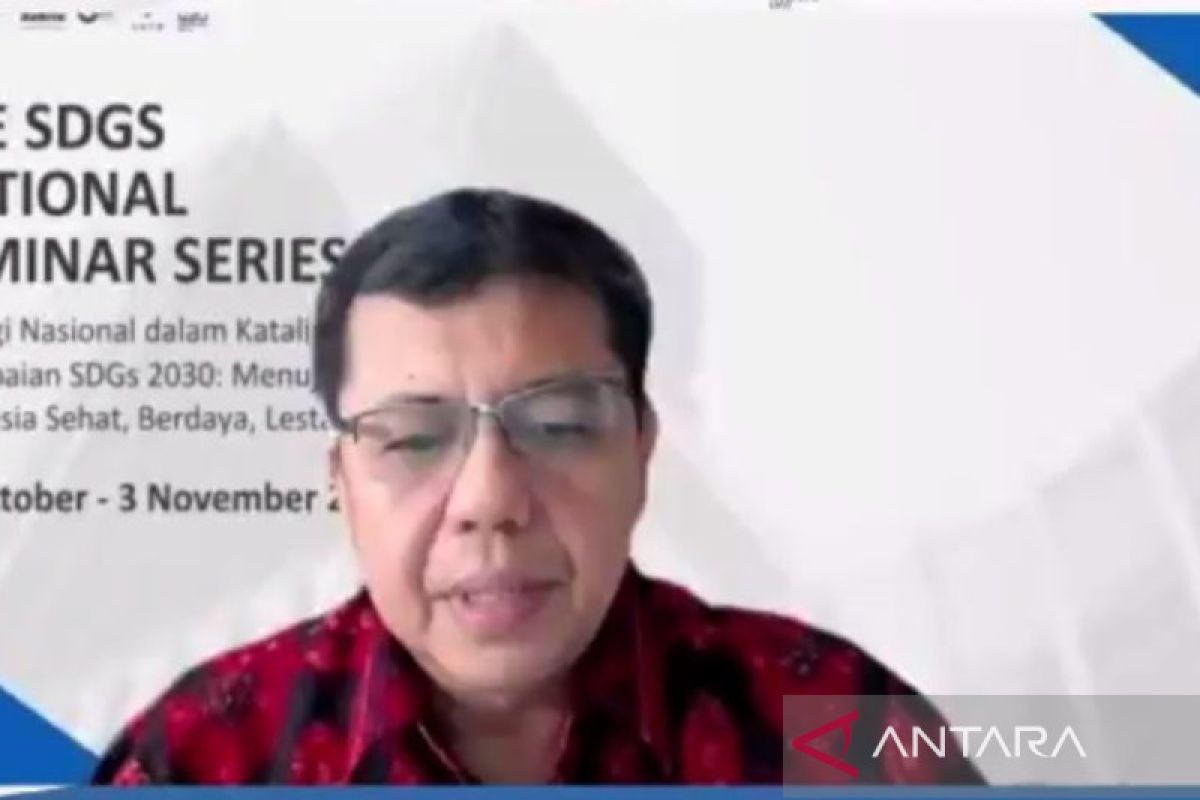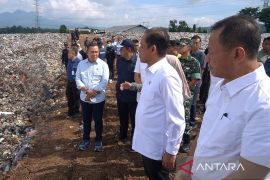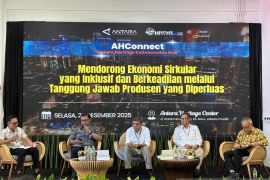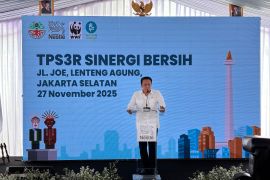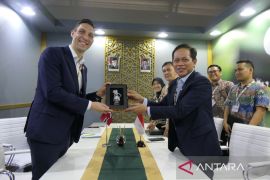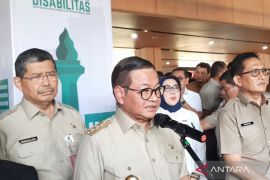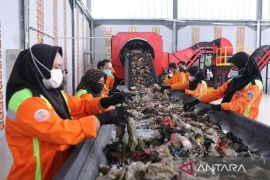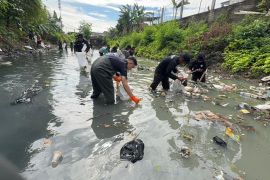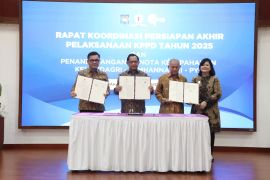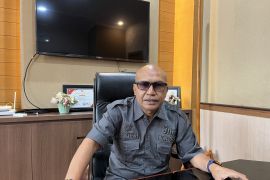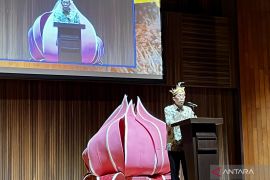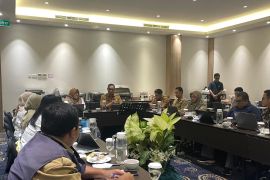"The waste management issue is an autonomous matter, so the authority is with districts/cities throughout Indonesia. The first problem is the structural issue," he said at the "Plastic Waste Management to Control Climate Change" webinar, which was followed online on Tuesday.
According to him, waste issues are still categorized as non-basic service matters, so budget allocation for resolving them is still very minimal at 0.05–0.07 percent of the total Regional Budget (APBD) of each region.
Therefore, the ministry is seeking to ensure waste management issues are considered basic service matters, he said. If that cannot be realized, it is hoped that more maximal resources will be allocated for waste management in regions, he added.
Waste management is currently being carried out by the Environment Office of each region, which functions as both a regulator and operator, he noted. Here, improvements are needed to make waste management more maximal.
"The central government, through the Ministry of Home Affairs, has encouraged waste management to be separated between the regulator and operator," he said.
One of the recommendations is to encourage the operator to be in the form of a Regional Public Service Agency (BLUD), he informed.
"Thus, waste management institutions can be wiser, flexible so that they can get funding not only from the APBD or user fees but also from income that can be used," he explained.
The other problem involving waste management is community awareness, he said. According to Statistics Indonesia (BPS) data, in 2018, 72 percent of Indonesians were still careless about waste management.
Nevertheless, Tahar noted that the achievement of waste management has shown good performance. In 2021, managed waste was recorded at 64.54 percent. Indonesia also managed to reduce 28.5 percent of plastic waste entering the sea compared to 2018.
Related news: Public participation social capital for resolving waste problem
Related news: Ministry invites religious leaders to promote waste handling
Related news: Need to integrate waste management from upstream to downstream
Translator: Suci Nurhaliza, Raka Adji
Editor: Azis Kurmala
Copyright © ANTARA 2022
